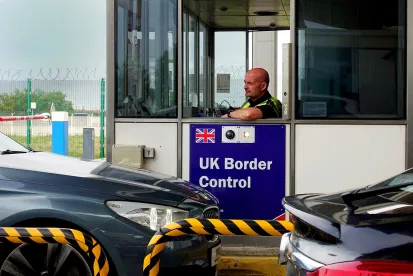In connection with the funding of pay increases being offered in the public sector, the government has announced its plans to increase:
the Immigration Health Surcharge from £624 to £1,035 per year (main rate) and from £470 to £776 per year (under-18s and students). This charge is payable in one amount at the time of application for each year of the visa being applied for i.e. £1,035 x 3 = £3,105 for a 3 year visa
fees for work and visit visa applications by 15% e.g. the cost of a 3 year Skilled Worker visa application filed outside the UK will increase from £625 to £719
fees for Certificates of Sponsorship, settlement, citizenship, wider entry clearance, leave to remain, study visas and priority visas by at least 20%.
No date has been set for the introduction of these increases but they are expected to be imminent given current economic pressures.
The increases are significant for UK employers seeking to sponsor non-British/Irish nationals to work in the UK, particularly on top of the existing Immigration Skills Charge for sponsored work visas of £1,000 per year of the visa being applied for (there is a lower charge of £364 per year for small companies and charities).
In practice, this means that the total average cost to a medium or large employer for a 3-year sponsored work visa for a single employee will be at least £7,000 (excluding legal advice fees and charges for priority processing).
Visa costs (apart from the Immigration Skills Charge) can be passed on to sponsored employees but in a competitive recruitment market employers will need to think carefully about deterring sought-after applicants.
Sponsored employees will also bear the burden of these additional costs for each dependent family member they chose to bring with them to the UK (unless these can be covered by their employer).
UK employers should factor these increases into their future recruitment costs – particularly where they are heavily reliant on non-British/Irish workers to meet their talent needs.




 />i
/>i
